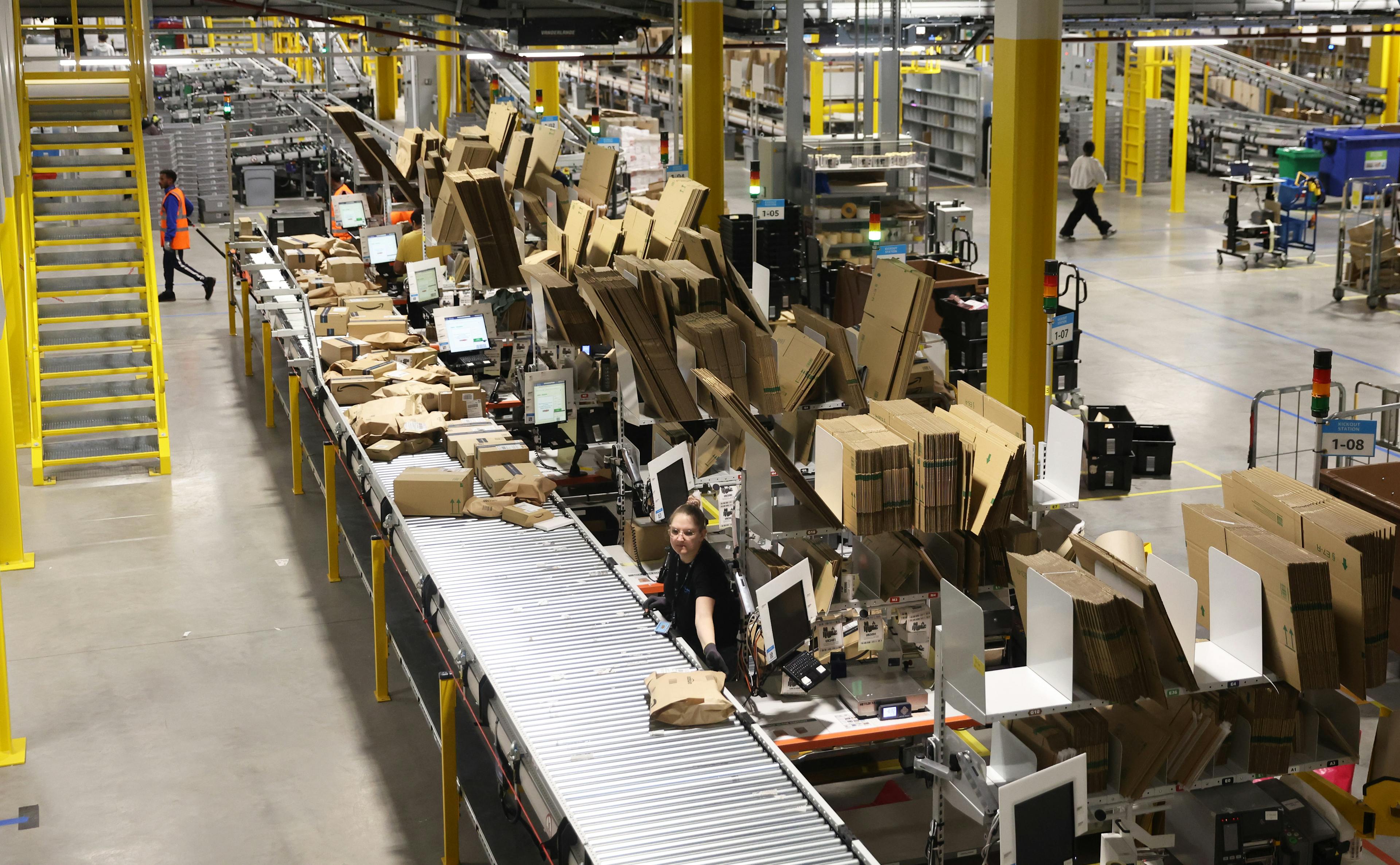Why Amazon is now spending more on data centers than on e-commerce warehouses
AI is where the growth is.
Amazon, the company known quickly shipping goods to consumers from its online marketplace, is now spending more money on data centers than e-commerce warehouses, according to The Wall Street Journal. Why? In short: AI.
ISO its next “pillar” of growth
For years the company has been searching for its next “pillar of growth” to add to its first three pillars: its online marketplace, Amazon Prime membership program, and cloud-computing business Amazon Web Services. It’s hoping artificial intelligence will be a big part of that growth.
Build your own instead of competing for space
Access to data centers is a key battleground for those hoping to compete in AI, because the tech requires so much computing power.
According to a new report by real estate services company CBRE, “Large corporations face increasing difficulty securing data center capacity.” An astonishing rate of data center space is being leased before it’s even built.
So Amazon is spending even more on its own data centers in order to compete. Amazon plans to add at least 216 new data-center buildings in the next several years, according to WSJ reporting.
Everyone else is doing it
Amazon is clearly not the only one looking to AI for growth. A number of major tech companies are investing record sums on capital expenditure thanks to AI. (Companies in general can’t stop talking about AI and the topic reeks of FOMO)
